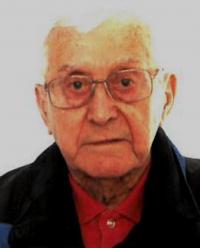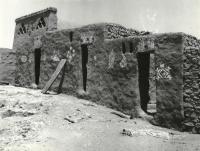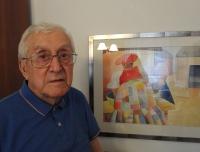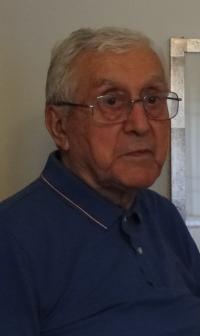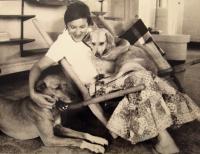When you’re down in the dumps and you don’t know where to go next, a solution always presents itself – I call it “crossroads”
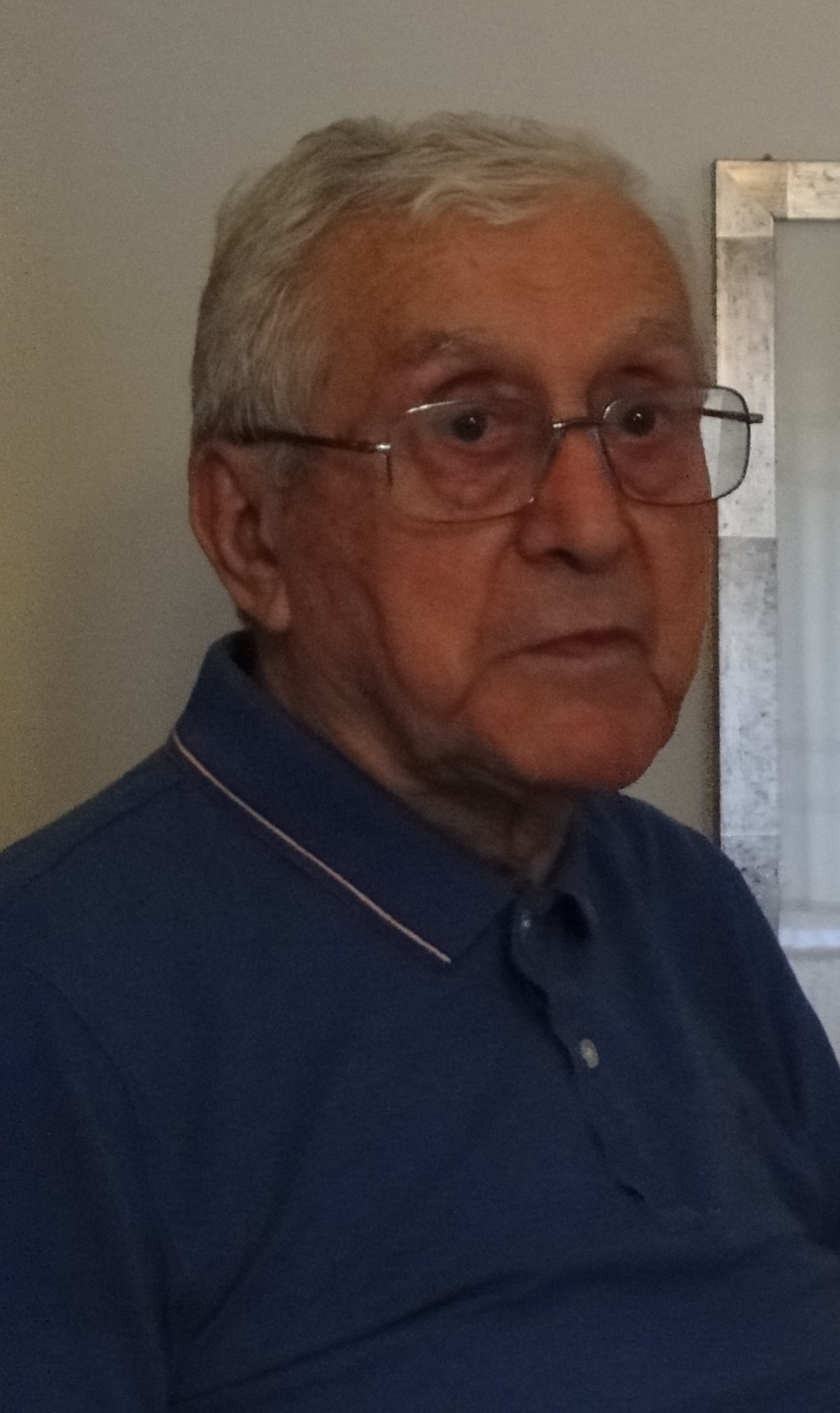
Stáhnout obrázek
Jaroslav Novotný was born on 4 September 1926 in Prague to Františka and Josef Novotný. As a child he took after his uncle Jaroslav‘s interest in foreign languages and travelling. He concluded his studies at a secondary chemical-technical school when assigned to forced labour in Essen. After his father‘s death he and his mother moved to Lysé nad Labem, where he found employment as a chemist and where he met his future wife Blanka. In 1952 he earned his doctorate in inorganic chemistry, married Blanka, and celebrated the birth of their daughter Michaela. In the following years he taught at a university, but just before completing his docent degree he decided to join an expedition of the Czechoslovak Egyptology Institute to Egypt; he took part in a UNESCO rescue archaeology mission in Nubia, where he stayed for five seasons. He then lectured at a university in Sudan, and in 1970 he and his wife, daughter, and mother-in-law sought asylum in Switzerland. The couple did not stay in Switzerland for long - their first job opportunity took them to Africa, where they remained until 1996, when they moved back to their daughter and granddaughters in Switzerland. After the revolution they bought a house in Lysá nad Labem and lived partly in the Czech Republic and partly in Switzerland.
